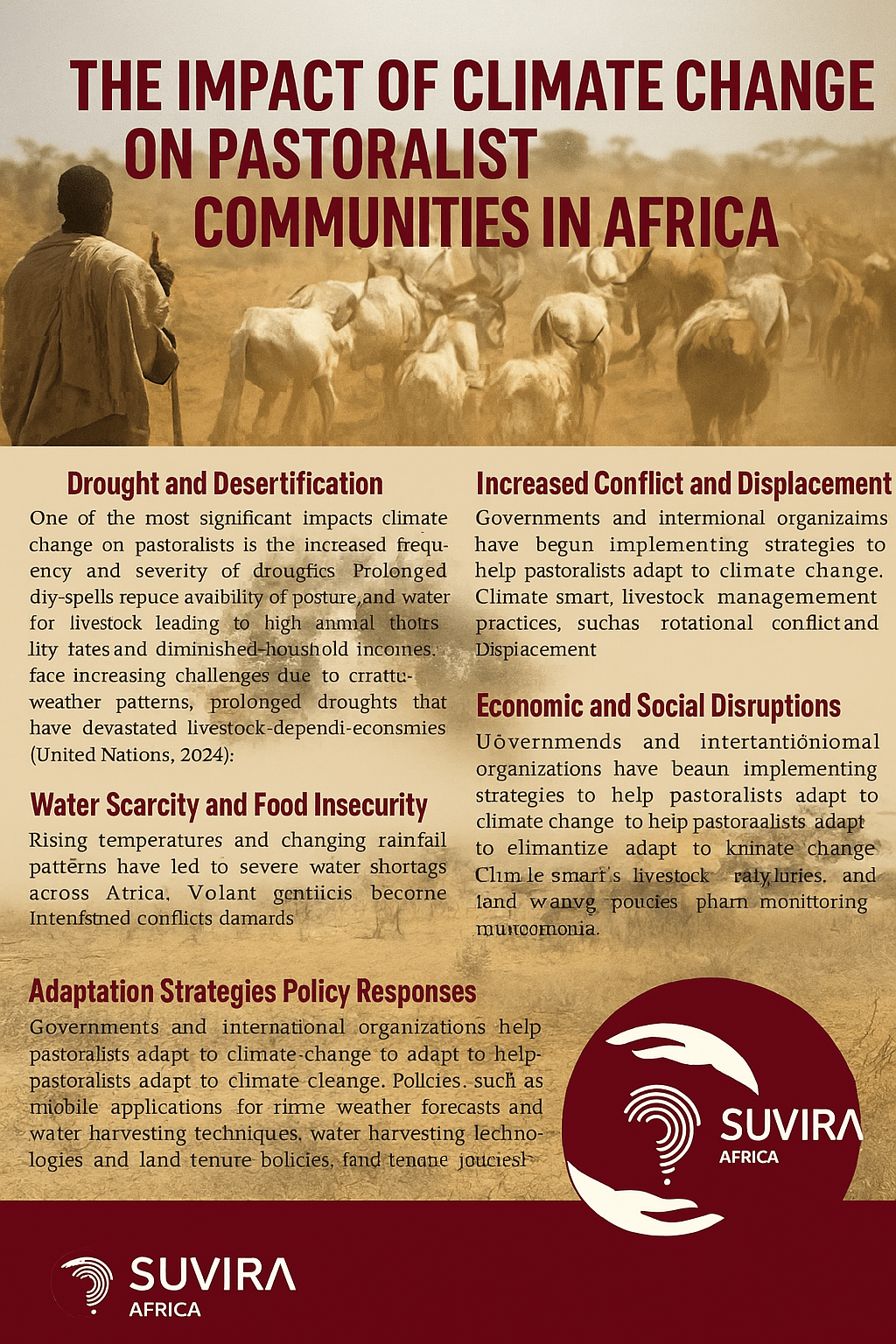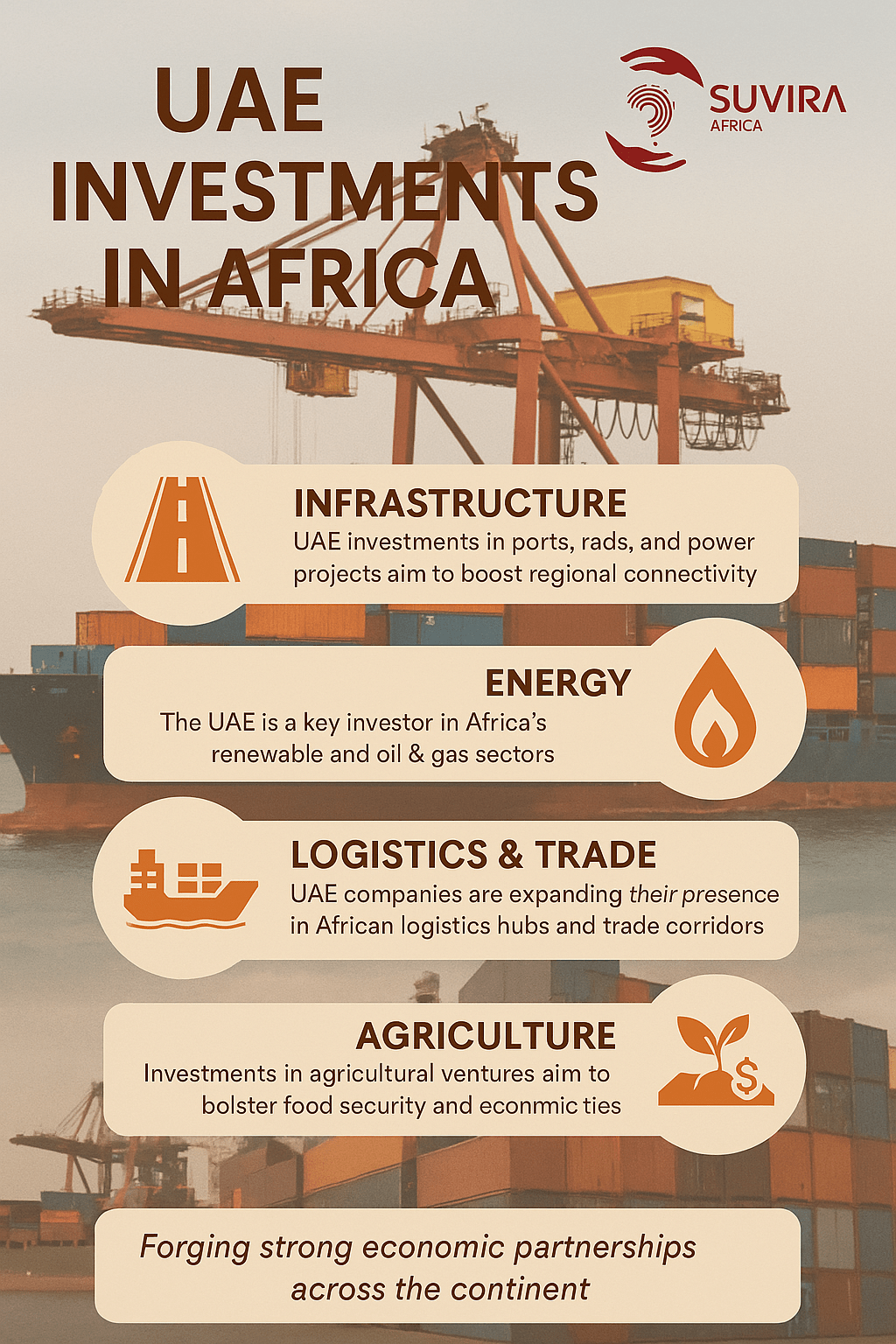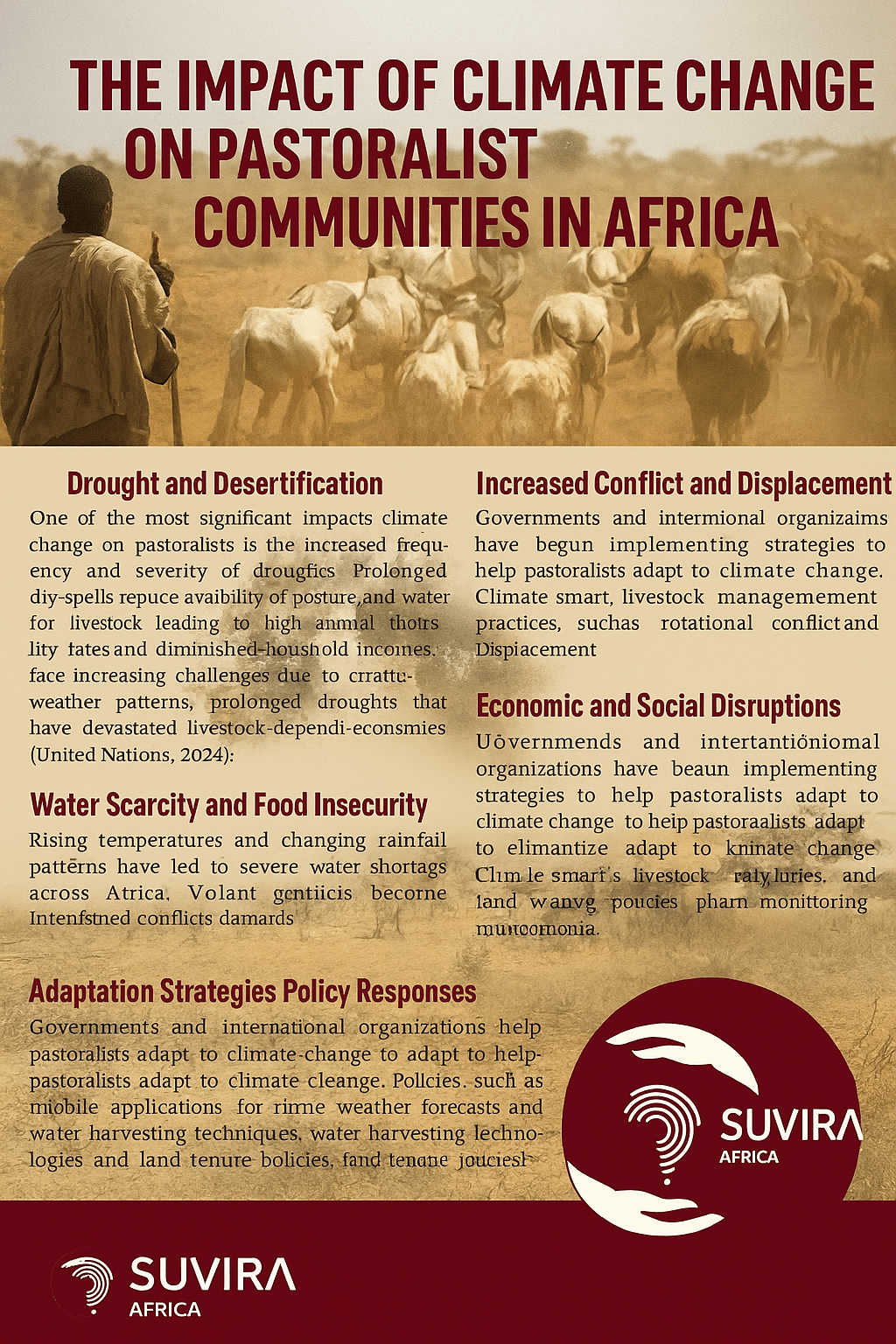Africa Must Balance UAE Investment With Human Rights and Sustainability
October 18, 2025 4 mins to read
by Leon Lidigu
The United Arab Emirates (UAE) has become one of Africa's largest investors, committing an estimated $110 billion between 2019 and 2023. Of this amount, approximately $72 billion has been directed toward renewable energy initiatives, surpassing traditional partners such as the United Kingdom, France, and China (African Development Bank, 2024). These investments offer significant potential to enhance infrastructure, broaden energy access, and stimulate economic growth. However, concerns regarding labor rights violations, environmental degradation, and political interference warrant closer scrutiny.
In Liberia, a deal involving the sale of nearly 10 percent of national land—approximately 10,931 square kilometers—to the Dubai-based company Blue Carbon has sparked controversy. Promoted as a forest conservation and carbon credit project, the agreement lacked community consultation and transparency.
Local populations now face the risk of displacement and the erosion of traditional livelihoods (Global Witness, 2024). Such actions raise questions about the ethics of carbon offset strategies that prioritize foreign interests over indigenous rights and community well-being.
Similar issues are evident in Tanzania, where Emirati-backed tourism and conservation projects have displaced indigenous groups, including the Maasai. These communities, historically stewards of the land, are being removed to accommodate luxury tourism ventures under the guise of environmental protection (Survival International, 2024). While marketed as sustainable, these developments often exclude the very populations that have preserved these ecosystems for generations.
Beyond environmental and social impacts, the UAE's growing political and military involvement in African conflicts has become increasingly concerning. In Sudan, the Emirates have been accused of supplying the Rapid Support Forces (RSF) with military equipment, contributing to violence and instability amid the ongoing civil war.
Such support, if verified, would violate international arms embargoes and threaten regional security (United Nations Security Council, 2024). Similarly, in Libya, the UAE's alignment with specific factions has exacerbated internal conflict and prolonged political fragmentation (International Crisis Group, 2024).
These developments underscore the need for African governments to exercise greater oversight in foreign investment agreements. While financial partnerships with countries like the UAE can drive economic development, such investments must align with principles of transparency, human rights, and environmental stewardship. Unchecked agreements that prioritize short-term economic gains risk undermining long-term social cohesion and sustainable development.
To ensure equitable outcomes, African nations must establish and enforce policies that protect local communities and ecosystems. Mandatory community consultations, environmental impact assessments, and human rights clauses should be prerequisites for all major foreign investments. Moreover, regional cooperation and continental frameworks can help standardize investment terms and hold external actors accountable.
Africa stands at a pivotal crossroads. Foreign capital, while essential for infrastructure and energy development, must not come at the cost of sovereignty, human dignity, or ecological health. The future lies in principled partnerships—those that foster inclusive growth, uphold human rights, and respect the voices of local populations.
References
1. African Development Bank. (2024). Renewable energy financing trends in Africa. https://www.afdb.org
2. Global Witness. (2024). Liberia's land deal with Blue Carbon raises alarm over carbon colonialism. https://www.globalwitness.org
3. International Crisis Group. (2024). Foreign involvement and political fragmentation in Libya. https://www.crisisgroup.org
4. Survival International. (2024). Maasai under threat: Tourism, conservation, and displacement in Tanzania. https://www.survivalinternational.org
5. United Nations Security Council. (2024). Report on arms embargo violations in Sudan. https://www.un.org/securitycouncil



